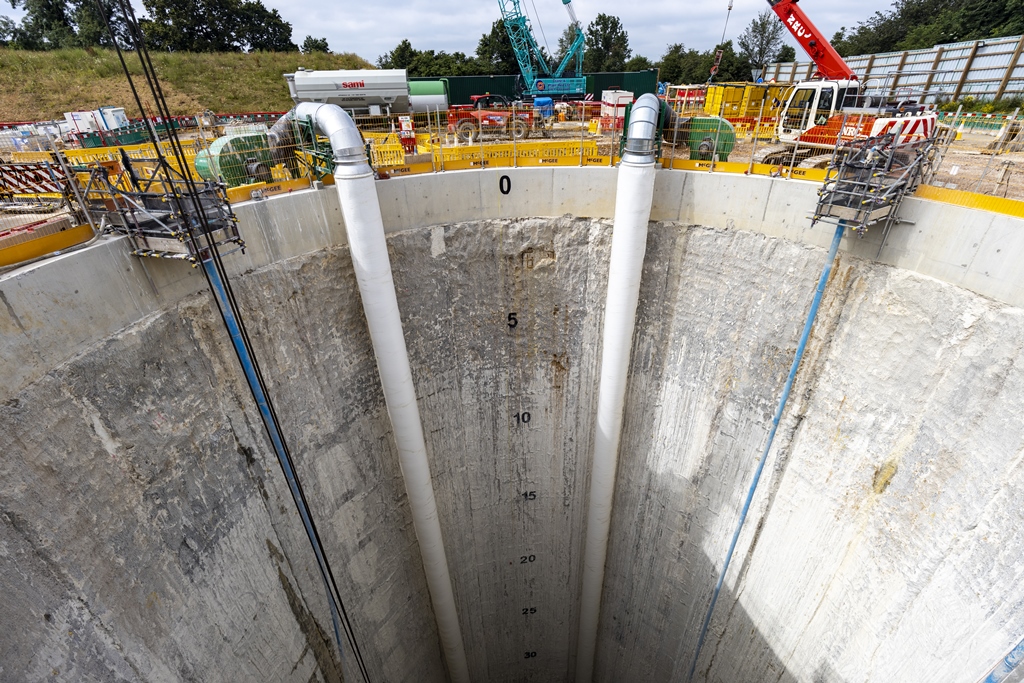The current budget for HS2 Phase One (London-Birmingham) stands at £44.6bn. Of this, £14.9bn has been spent, with an additional £800m for land and property provisions. £12.7bn has been contracted but not yet actually spent.
That £44.6bn budget figure is not what the government orHS2 Ltd expects it to cost. It should ‘only’ cost £34.7bn – including systems and trains as well as construction. However £5.6bn has been added for contingencies to give HS2 Ltd a target cost of £40.3bn.
To this £40.3bn target cost the government has added another £4.3bn contingencies of its own, to arrive at a ‘budget’ of £44.6bn.
So were HS2 Phase One to come in at £42.0bn, the government (and the client organisations) would be able to crow that the project had come in £2.6bn under budget – even though it would have actually cost £7.3bn more than it should have.
Those £9.9bn contingencies are there for a reason.
HS2 Ltd has so far drawn £1.3bn of its £5.6bn delegated contingency, including £500m in the past six months, meaning £4.3bn remains.
HS2 Ltd is reporting £1.7bn of “potential future cost pressures that are currently presenting across the programme”. These include an estimate of £800m for potential additional main works civils costs stemming from additional design costs and slower than expected progress in some areas. That figure has risen from £200m six months ago.
There is also a “pressure” of £400m on the cost estimate for the HS2 Euston station and £200m against HS2 Ltd’s budget for changes to Network Rail infrastructure at Euston and Old Oak Common that are required to facilitate the new HS2 stations.
On Covid-19 costs, HS2 Ltd’s assessment of the likely financial impact of the pandemic on delivering Phase One is estimated within the range of £400m to £700m.
Ongoing protester activity, including the removal of camps and protest-related delays to the programme, has cost nearly £122m so far.
The minister’s full report can be read at www.gov.uk
Got a story? Email [email protected]

